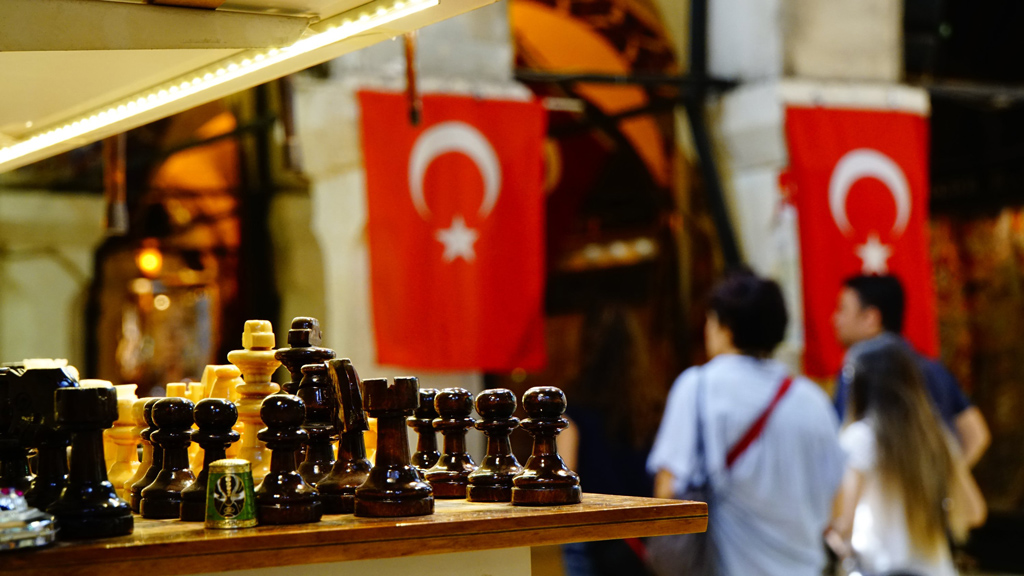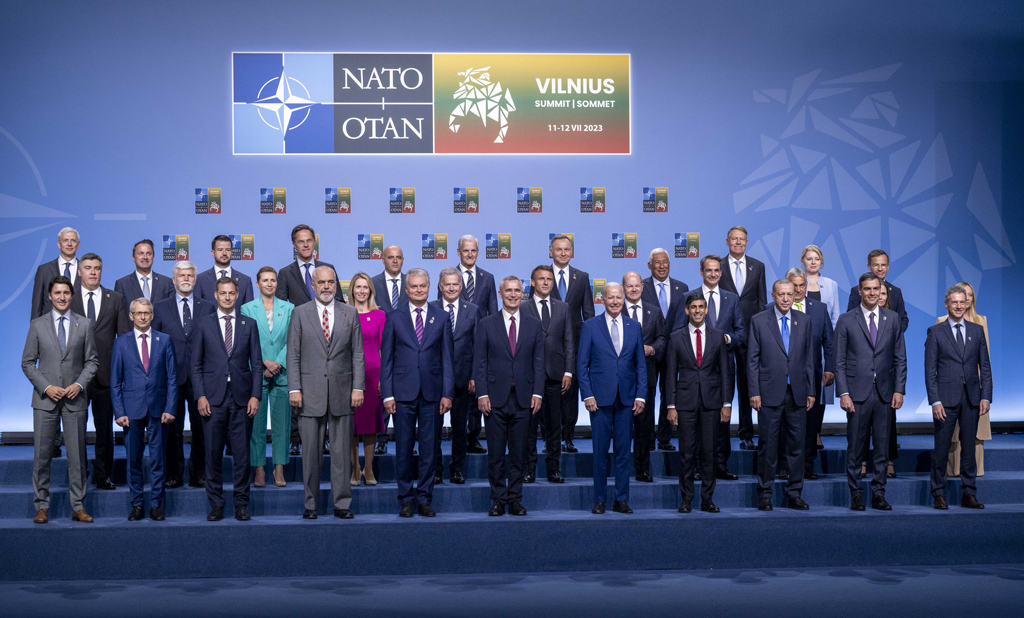As Türkiye’s ruling party takes fresh steps to change the political climate in its favor, the opposition’s lack of focus prevails with new contradictions.
I have argued for a while that the opposition bloc’s overdue selection of a joint presidential candidate has become costly. More recently, the opposition’s mentors, too, have started making that point. Specifically, they stress that the opposition’s incoherent discourse makes voters more undecided, and the potential presidential candidate has become more vulnerable. They also note that the opposition bloc, popularly known as the "table for six," must establish without further delay whether they will be able to reach a consensus.
For the record, the opposition bloc’s “sustainable lack of focus” is a structural flaw. At this point, it can neither become more ambitious nor disintegrate. As such, the table for six is in a state of disintegration without disintegrating. It is true that sustainability has positive connotations, yet sustainability on the basis of necessity, which does not create a consensus, is a weakness that proves costly for the opposition.
The opposition bloc’s main problem is that the whole plan rests on two chessboards where the opposition leaders make their moves.
Faits accomplis
The external chessboard is where the parties – especially the Republican People’s Party (CHP) and the Good Party (IP) – like to create faits accomplis. For example, the main opposition CHP leader Kemal Kılıçdaroğlu has been imposing himself as
the opposition bloc’s presidential candidate. He attempts to consolidate his self-assigned role with international trips and makes outlandish claims (like accusing the government of “using drug money to reduce the current account deficit”), creating problems for the "table for six." To make matters worse, Kılıçdaroğlu brought up the headscarf question out of the blue, providing the ruling party with plenty of rhetorical ammunition. Meanwhile, the Good Party leader
Meral Akşener has recently invited an additional opposition party to the bloc without consulting her counterparts first. These are just a few of the many reflections from the ongoing competition taking place on the metaphorical chessboard.
The second political chess game has been taking place at the opposition bloc’s monthly meetings. In truth, plenty happens on that internal chessboard, too, which has been shaped by crises erupting on the first chessboard, correcting statements by party officials, the status of the Peoples’ Democratic Party (HDP), the transition process and common policy proposals.
The politicians seated around the table for six are aware of the details and how the whole thing feels better than anyone. Obviously, some aspects of the internal tug-of-war have been leaked to the media. Some politicians threatening to leave the opposition bloc in the event of an alliance with HDP, others keeping silent in the face of such threats, and issue-based attempts to bring together right-wing parties (which other right-wing parties promptly block) immediately come to mind.
'Engineering project'
Building the table for six was an engineering project. Seated around that table are realists like Kılıçdaroğlu and Akşener, as well as idealists like Ali Babacan, who chairs the Democracy and Progress Party (DEVA).
The actual game of chess is being played by Kılıçdaroğlu and Akşener and relates to the selection of a joint presidential candidate. The remaining parties attempt to signal their importance and accessibility by focusing on the opposition bloc’s policy agenda and the transition process.
In my opinion, Kılıçdaroğlu and Akşener are not even slightly bothered by the idealist approach of Babacan and others, who keep talking about “institutionalizing” the bloc, as the two heavyweights make their moves in the real domain of politics.
The fact that Babacan draws parallels between the metaphorical table’s proposed expansion and the European Union’s enlargement (and Brexit), together with his attempts to build a consensus, is an idealist pipe dream: “Let there be a joint candidate and a consensus. Let the parties start campaigning on those terms so that they won’t agree on too much on the campaign trail.”
Ironically, the CHP chairperson, who strikes a conciliatory tone internally, has been making unilateral moves on the external chessboard, releasing impulsive and excessive statements in the political arena that the remaining members of the opposition bloc have no choice but to watch those developments (which hurt their reputation in the electorate’s eye) from the sidelines.
The fact that President Recep Tayyip Erdoğan exclusively
treats Kılıçdaroğlu as his rival, egging him on to run for president, renders the contradictions on the two chessboards “sustainable” – in a way that helps CHP and hurts the other opposition parties.
Right now, it seems that the “table for six” is just a platform for many party leaders to gain some experience – a test drive before running for office in 2028.
[Daily Sabah, November 08 2022]









